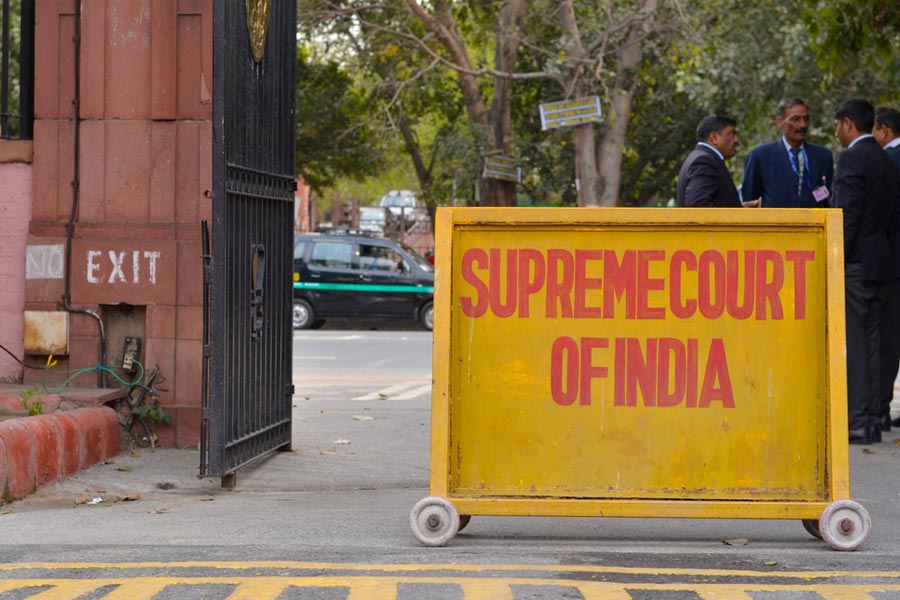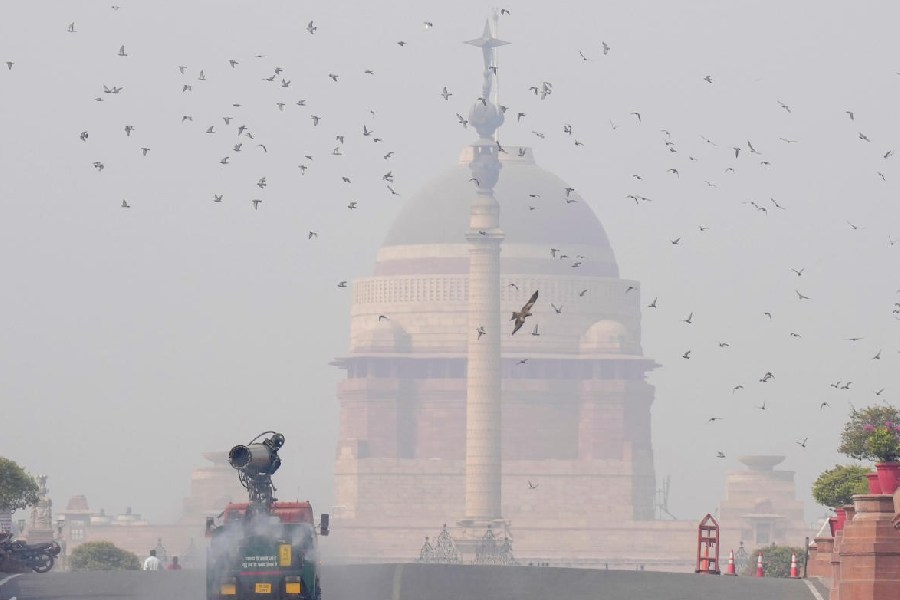It is strange that the courts should have to reiterate a law or a constitutional principle in various hearings, even if those are not in dispute. In India, the right against self-incrimination is enshrined in Article 20 (3) of the Constitution as in different provisions of the Criminal Procedure Code. This principle is part of common law criminal jurisprudence and exists in various forms from the Magna Carta to the Fifth Amendment. By virtue of this, the State or the prosecution cannot by right expect a confession from the accused. Silence is, instead, a right for the suspect during investigation. Recently, the Supreme Court, while hearing a divorce case, reportedly reiterated the right of the defendant to silence and stated that remaining silent does not mean non-cooperation. It cannot be that only confessing to the charges would satisfy the investigation’s requirement for cooperation. In the context of a case in 1978, a famous Supreme Court judge at the time reportedly said that an accused person has the right not to answer questions before and during the trial if the answers expose him to guilt. The right to silence, therefore, is a long-established one, related as much to Article 21 of the Constitution — no person shall be deprived of his liberty except by due process of law — as with Article 20.
It is the due process of law that is emphasised by this right. A 2002 Law Commission report on Article 20 (3) elucidates the concept of silence by stating two fundamental tenets of Indian law: the accused is innocent until proven guilty and the onus of proving guilt lies with the prosecution. It is therefore assumed that silence does not mean guilt; besides, there is no shortcut through enforced confessions. But suspects may have their photographs and fingerprints taken or submit material for DNA testing. The best principles, however, become difficult to maintain when the law begins to be applied by the State as a weapon. At present, the accusation of anything, from expressing a contrary opinion to carrying beef, may have outcomes ranging from imprisonment to death in the hands of vigilantes. The principles of justice and of rights, whether enshrined in the Constitution or encoded in law, are an expression of civilisation. That environment is needed to understand the Supreme Court’s remarks.










